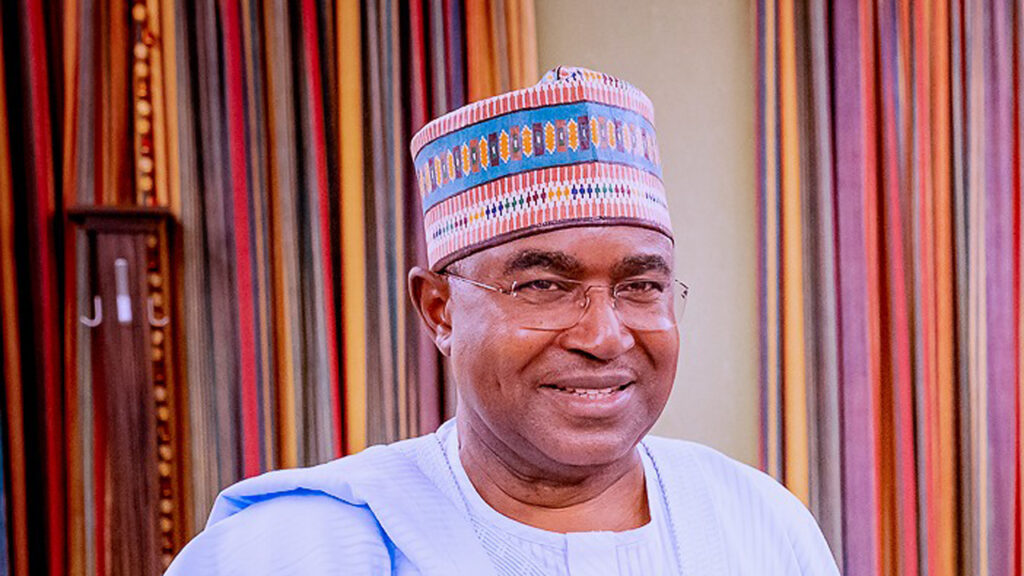 • Move will negatively impact households, businesses, says NECA
• Move will negatively impact households, businesses, says NECA
• Time for Nigeria to grow indigenous policies, labour advises
• Shun IMF policies, they’re anti-devt, NLC warns
Members of the Organised Private Sector (OPS) and the labour movement have faulted International Monetary Fund’s (IMF) call on the Federal Government to reduce debt by increasing the tax basket and compliance as a means of generating revenue to cut borrowing.
They argued that the move spells nothing but disaster for an economy that is struggling to stay afloat.
They also noted that hiking taxes, amid numerous challenges the economy is battling with, would hurt households, individuals and businesses.
Director-General of the Nigeria Employers’ Consultative Association (NECA), Adewale-Smatt Oyerinde, maintained that such an economic decision might only appear to be in favour of the government, since it would drive up its revenues.
He said for a private sector already overwhelmed by multiple taxes, the imposition of additional taxes on services would make the business community more vulnerable, with a trade-off on growth and job creation.
He noted that for any discerning government, a higher tax in an environment with rising inflation is not the best decision.
According to him, more taxes will weaken the purchasing power of individuals and stifle consumption, with attendant consequences for social cohesion.
Not every recommendation from development agencies should be implemented without considering the peculiarity of the context in which such policies will be implemented, he advised.
Oyerinde, who said countries tend to reduce taxes during economic lulls but increase the same during a boom, said Nigeria, unfortunately, is not in the latter position.
“Any attempt to consider tax hike would create more burdens on taxpayers. It may defeat any attempt to widen the tax net, as taxpayers would consider tax avoidance measures. There will be massive capital flight, and the drive for direct foreign investment could be defeated.
“In an environment where individuals and corporate entities provide services and infrastructure that should normally be provided by the government, the best the government can do is to support and ease their burdens rather than considering any plans towards making them pay for its inefficiencies and fiscal indiscipline,” he said.
To generate more revenue, he said the government should consider widening its tax net and reducing the cost of governance, adding that this tends to reduce borrowing, since recurrent expenditure would automatically decrease.
Assistant General Secretary of the Nigeria Labour Congress (NLC), Chris Onyeka, urged the Federal Government to shun IMF policies.
He alleged that the IMF and World Bank leaders, especially in Africa and third-world countries, are trying to subjugate economies under those of the West. “It is anti-development,” he said.
He queried if the advice was for the government to tax low-income workers, who are paid peanuts, so that they can pay for the profligacy of the government.
“The facts are very clear. IMF is not being truthful. They will give you advice that will subjugate you. They will give you policies that will mess up your economy, which is to their advantage.
“Is it not the same IMF that was encouraging the Nigerian government to continue borrowing? It is high time the government shunned all Brexit-hood institutions. They are all our competitors, yet, we are expecting them to come and give us good advice. Government should reduce the cost of governance, to finance other things,” he said.
Chief Executive Officer, Centre for the Promotion of Private Enterprise (CPPE), Dr. Muda Yusuf, said increasing taxes is not the best way to increase revenue; it should, rather, be more about ensuring the efficiency of tax administration. He said government should ensure it widens the tax net and ensures the tax system is truly progressive.
There is a need to optimise tax revenue, make the system more efficient and make sure that people, who should be in the tax net, are in the tax net, he said.
Noting that Nigeria is losing revenue in areas of oil theft, fuel subsidy and foreign exchange subsidy, he said if subsidy is completely stopped, the money gained could be used to grow the economy, rather than resorting to borrowing.
National President of Food, Beverage and Tobacco Senior Staff Association of Nigeria (FOBTOB), Jimoh Oyibo, who queried policies of the World Bank and IMF to Nigeria, said it is high time Nigeria grew its indigenous policies.
He urged Nigeria to stop depending on international development agencies’ policies, which, according to him, most times, are unfavourable to the nation and its citizens.
“When you are lending money to countries and they are not using them for the purpose, yet they keep giving and making the country’s debt profile increase…
“Enough of these IMF policies for Nigeria. Let us come up with our indigenous policies that will work for us,” he said.












